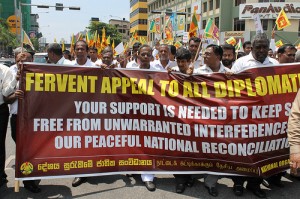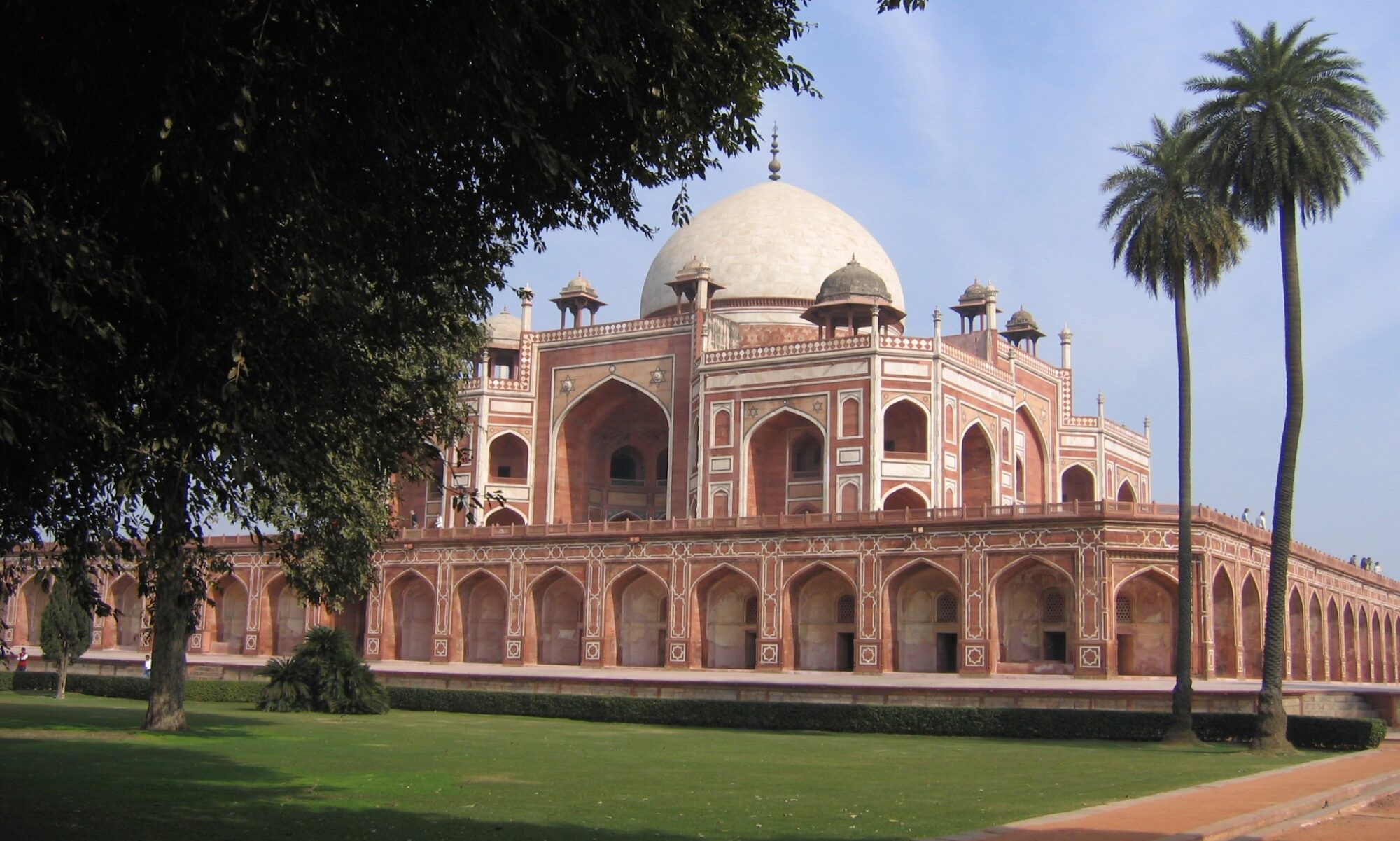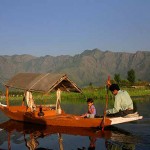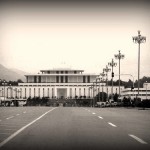
At the United Nations Human Rights Council in Geneva, the Sri Lankan and U.S. governments are facing off this week over a resolution that the U.S. has proposed but neither side wanted. Sri Lanka’s response to the events at the end of its toxic war – the subject of that resolution – has become the driving issue in Sri Lanka’s relations with the United States. The resolution may not have much impact on the reconciliation process that is so critical for Sri Lanka’s future. For the sake of Sri Lanka, the region and indeed Washington, it is important that reconciliation actually take place.
Read Teresita Schaffer’s article published in The Hindu March 22, 2012.



